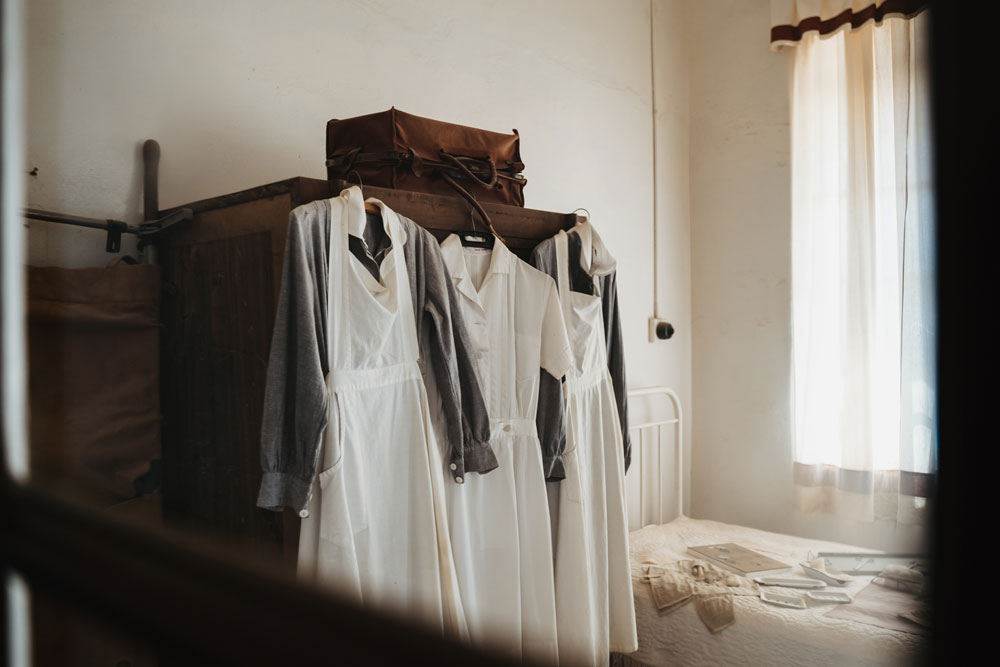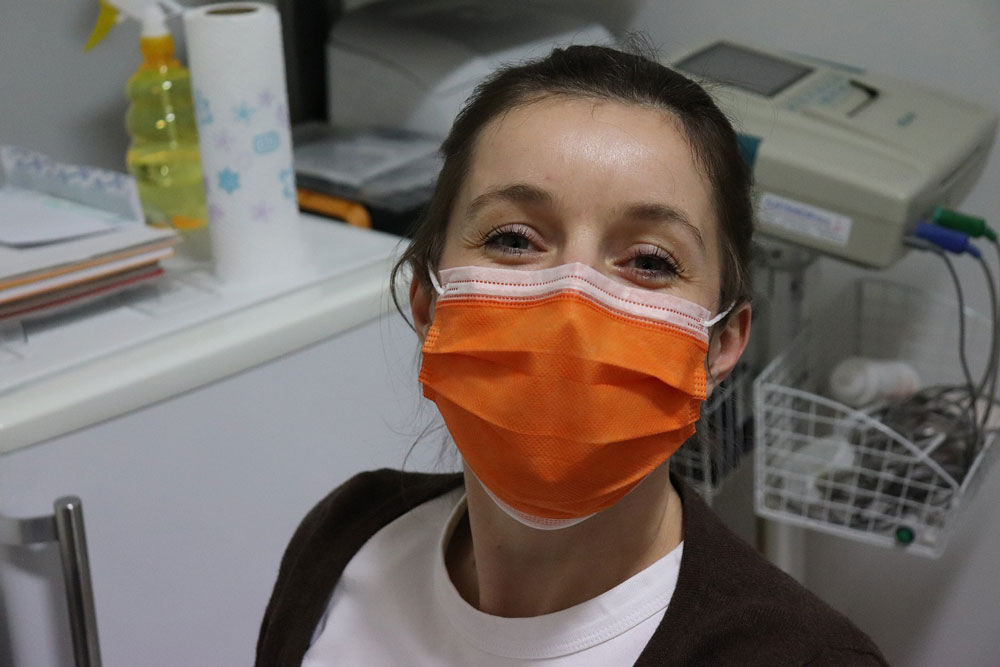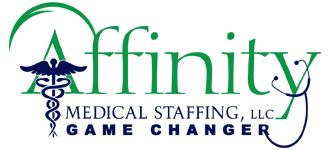Being at the frontline of patient care regardless of setting—hospital, long term care, emergency or urgent care, outpatient, and medical offices—is not a new role assumed by nurses. Nurses have been at the forefront of patient care and innovation since the times of Florence Nightingale (the founder of modern nursing) and will continue to be so—in and out of crisis.
To recognize the ongoing and never-ending commitment provided by nurses and others in the medical field who often do not get the recognition and honor they deserve, the World Health Organization (WHO) celebrated Florence Nightingale’s 200th birthday by nominating 2020 to be the “Year of the Nurse and Midwife.” And then a pandemic hit, showing us all just how true that would be.
The Arrival of the COVID-19 Pandemic: Reminiscent of Crises Past

On March 10, 2020, the WHO declared the COVID-19 outbreak as a pandemic when confirmed cases reached 180,000 and deaths rose above 4,000 across the globe. With the strike of this virus, a call to action was issued to all persons to actively take part in preventing the spread of the virus. A call that is all too familiar for those who hold the title of nurse.
Throughout history, nurses have always stepped up and gone above and beyond their roles during times of crisis, outbreaks, war, and pandemics. During the influenza outbreak and subsequent pandemic of 1918, nurses rose up, as always, to provide medical care and promote the benefits of proper handwashing, adequate sanitation of surfaces (including bedding and clothing), receiving fresh air, and sound preventative measures such as the separation of the sick from the healthy and consuming foods and drinks to aid in strengthening the immune system. These actions are seen time and time again when outbreaks have occurred such as the severe acute respiratory syndrome (SARS), MERS, Ebola, and the H1N1 Swine Flu outbreaks.
Role, Responsibility, and Risks—The Rs of Nursing—During a Pandemic

During times of crisis, such as the current ongoing COVID-19 pandemic, the role and responsibilities of nurses—and the risks they take to ensure these are met—are brought to the attention of all those around them.
The American Nurses Association’s (ANA) Code of Ethics for Nurses sets the professional conduct norm for nurses in the United States. Clause 2 of this code explicitly states, “the sole responsibility of the nurse is toward the patient.” This obligation of care, the ANA Code of Ethics continues, then applies to the nurse (themselves) and to others in their community.
To fulfil this, nurses ensure their patients receive personalized and high-quality medical care regardless of the patient’s infectious condition and the risk it may pose to themselves. While skilled and knowledgeable, nurses are not infallible to accidental exposure.
To help reduce the spread of an infectious condition and reduce their own personal risk, nurses are charged with the responsibility of maintaining a sufficient supply of sanitation materials and the usage of personal protective equipment (PPE).

Nurses must also adhere by their teachings to ensure confinement guidelines and triage protocols are followed—while monitoring for any updates to these policies and procedures.
A global pandemic demands strong and capable nursing staff to meet the demands of care, spread awareness, engage in clinical management, and support public safety—all while managing self-care so they can continue to show up day after day to take care of others.
Nurses on the Front Line
Throughout the COVID-19 pandemic, nurses have shown how resilient and capable they are. From individualize patient care at a hospital and leading large scale public health operations (e.g., testing and vaccinations) to disaster preparedness and predictive modeling and department-wide staff management and support, nurses are front and center working diligently around the clock during the ongoing crisis to provide care and protect the health and well being of their patients, themselves, and the public.
The presence of nursing staff and the ongoing support they provide is cause for celebration and recognition. Effectively combating the outbreak of COVID-19 would be impossible without the expertise, compassionate care, and consistent turnout of nurses answering the call to action to support the health and well-being of their community.
Affinity Medical Staffing is proud to support nurses throughout their career by assisting them in locating facilities and employers where they can provide the best care to their patients while
enjoying the benefits—pay, flexibility, and coverage—the career field has to offer.
Contact us to learn more or
browse available job listings.



